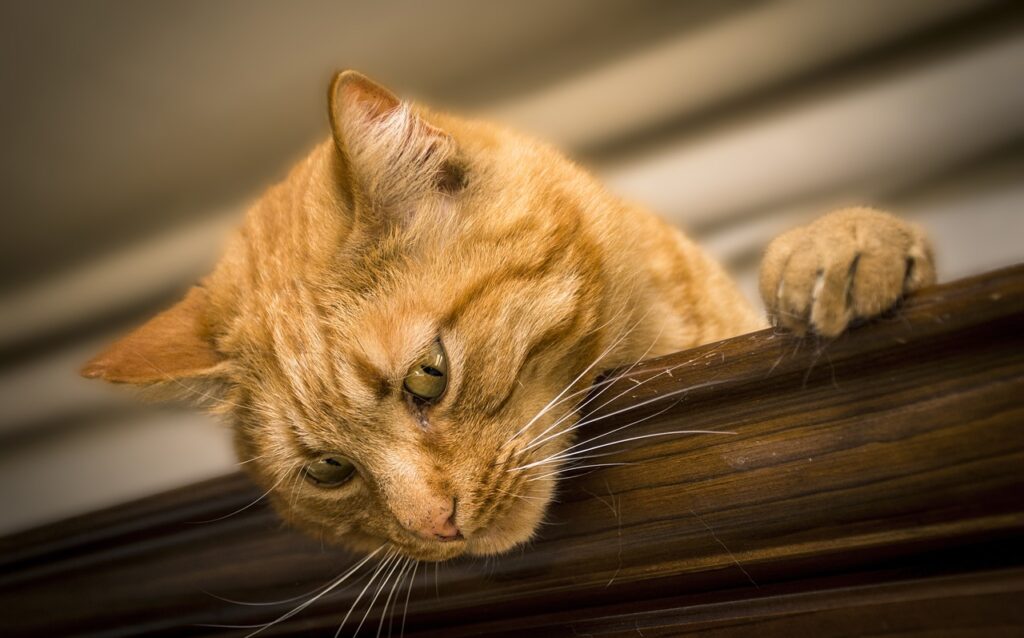Can Cats Eat Pizza? – No, They Can’t
As tempting as it might be to share your slice of pizza with your feline friend, pizza is a no-go for cats. The combination of ingredients in a typical pizza – such as garlic, onion, and high levels of salt and fats – are not only unnecessary but can be harmful to a cat’s health.
Is It Safe for Kittens to Consume Pizza?
Kittens have even more sensitive digestive systems than adult cats, making pizza an unsafe choice for them. Their young bodies are not equipped to handle the heavy, rich foods that are designed for human taste buds and nutrition needs.
Risks Associated with Feeding Pizza to Kittens
Pizza can pose several health risks to kittens, such as gastrointestinal upset due to the high-fat content and potential toxicity from ingredients like onion and garlic. Moreover, their developing bodies might experience more severe reactions to these unhealthy food choices.
Why Pizza is Not Recommended for Cats
High Fat and Caloric Content
Pizza is loaded with fats and excess calories that can lead to obesity and related health issues in cats, such as diabetes and heart problems. Cats need a balanced diet suited to their carnivorous nature, and pizza fails to meet these dietary requirements.
Toxic Ingredients
Common pizza toppings such as onions, garlic, and certain types of cheese can be toxic to cats. These ingredients can cause gastrointestinal problems, and in some cases, lead to more severe conditions like anemia.
Lactose Intolerance
Many adult cats are lactose intolerant, meaning their bodies cannot properly digest the lactose found in cheeses used on pizzas. This can result in stomach pain, diarrhea, and vomiting, putting the cat’s health at risk.
Known Health Issues in Cats from Consuming Pizza
Feeding your cat pizza may lead to a range of health issues, from mild digestive discomfort to severe toxic reactions, depending on the ingredients. Symptoms can include vomiting, diarrhea, lethargy, and in severe cases, organ damage or anemia.
What to Do If a Cat Has Consumed Pizza?
- Contact Your Veterinarian: If you suspect your cat has eaten pizza, especially with toxic toppings, consulting a vet promptly is vital.
- Monitor Your Cat: Keep an eye on your cat for any signs of illness and be ready to relay this information to your vet.
- Prevent Future Access: Ensure that pizza and other harmful foods are kept out of reach of your curious cat to prevent future incidents.
Safe Alternatives to Pizza for Cats
Instead of pizza, consider offering cat-safe treats or a small amount of cooked meat without any seasoning or sauces. There are also numerous commercially available treats formulated especially for feline health that make much safer alternatives.
Conclusion
In conclusion, while it might seem fun to share your favorite foods with your cat, their health and safety come first. Pizza, with its harmful ingredients and high-fat content, is off the menu for cats. Always opt for treats and foods specially designed for cats to ensure they live long, happy, and healthy lives.



